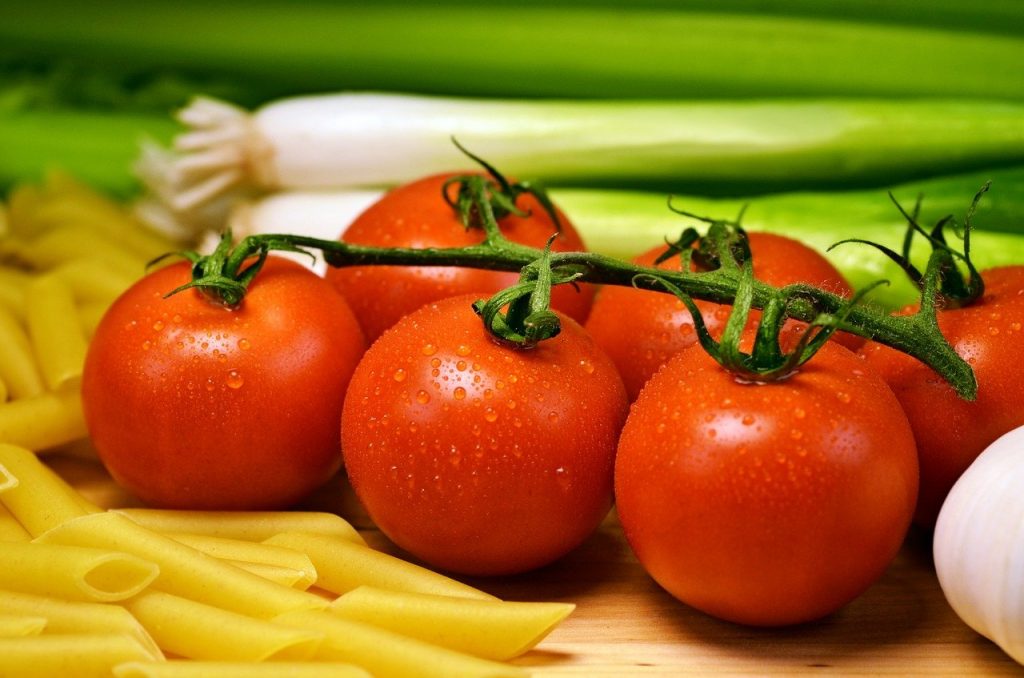18th January 2021 – by Paz García

Your food intake patterns are partly under genetic control, according to the latest research from TwinsUK.
First author Olatz Mompeó-Masachs explained:
“We know from previous twin studies that there is a strong genetic component for specific foods such as coffee and garlic, as well as overall eating habits. Our latest study is the first to show that food and nutrient intake, as measured by nine dietary indices, is also partly under genetic control.”
Researchers can study the quality of an individual’s typical diet by using a type of analysis called ‘dietary indices’. Researchers use dietary indices to understand what foods someone eats and the nutrients provided, compared with recommended guidelines.
The team analysed food questionnaire responses from 2,590 TwinsUK members, using nine commonly used dietary indices. The researchers studied the degree of similarity among identical twins – who share 100% of their genes – compared with non-identical twins, who share 50% of their genes.
The team found that identical twin pairs were more likely to have similar scores across nine dietary indices compared with non-identical twin pairs. This was the case even when other factors were taken into account, such as body mass index (BMI) and exercise levels. The results indicate that there is a genetic component to food intake patterns.
Senior author Dr Massimo Mangino said:
“Our study represents the first comprehensive investigation of the contributions of genetic and environmental factors to the variation in eating behaviour. It highlights the complex relationship between genetic and environment and may have future implications for public health nutrition campaigns.
“This study used food data from female twins only, with an average age of 58. Future research will need to look at dietary indices across a more varied group of people to see if the same findings hold true.”







